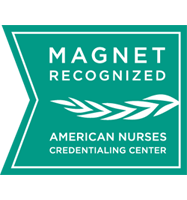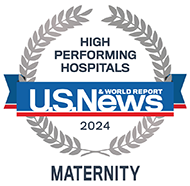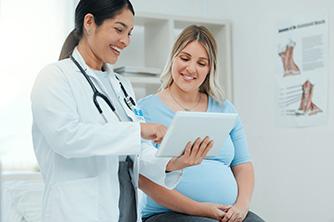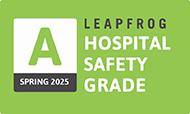Mother-Baby Health
Care for Your Whole Journey to Parenthood
We’re by your side at every step of this life-changing time, from pregnancy to early parenthood. Our maternity care spans all your needs before, during and after your baby arrives with the most advanced care delivered by experts.
Why the South Bay Chooses Us for Mother-Baby Care
Patients pick our hospitals because:
Prenatal Care
We offer personalized care for every stage of pregnancy, delivered by experts who know you. Don’t wait for the care you need.
High-Risk Care
When you and your baby need it most, find highly trained specialists to care for high-risk pregnancy conditions and give you peace of mind.
Labor and Delivery
When the time comes to meet your baby, your care team is ready to help bring them into the world in safety, health and comfort.
Newborn Services
Give your family an easier start with the services you need, delivered with convenience for you during your stay.
Our facilities
Find care in locations that are actually close to home. Because labor is not the time to be sitting in Bay Area traffic.
Support
Whether in the hospital or postpartum, we are here for you throughout your breastfeeding journey with expert care delivered with compassion.
Ashley's Story
Ashley was just 28 years old and in the best shape of her life when she learned she had cervical cancer. Explore Ashley's fight against cancer and her return to CrossFit competition.
Award-Winning Care, Close to Home
Your care and comfort are our priority, which is why we’ve regularly been honored as a “best place to have a baby” by Bay Area Parent magazine. At El Camino Health, our award-winning maternity units are not far from you, located in Mountain View and Los Gatos. These units offer advanced care and comfortable spaces for you to welcome your baby. From breastfeeding support to onsite neonatal intensive care units (NICUs), we bring you the latest care and amenities to keep you and your baby safe, healthy and comfortable.
Awards & Accreditations
We’ve earned national recognition for clinical excellence, including the prestigious American Nurses Credentialing Center Magnet Recognition for Nursing Care since 2005. A five-ribbon location, Mountain View Hospital maintains top honors on Newsweek’s list of Best Maternity Care Hospitals, and our Los Gatos campus gained Baby-Friendly Hospital designation by Baby-Friendly USA.
 |  |  |

Your Maternity Care Team
Every pregnancy is unique, and you should have care tailored to your needs, goals and hopes during this special time. Our team at El Camino Health brings experience and compassion to meet your needs and helps make this experience a positive one.
We bring together board-certified obstetricians, certified nurse-midwives, specialized nurses, lactation consultants, neonatologists, maternal-fetal medicine specialists, sonographers and pediatricians — all committed to your well-being, safety and comfort.


